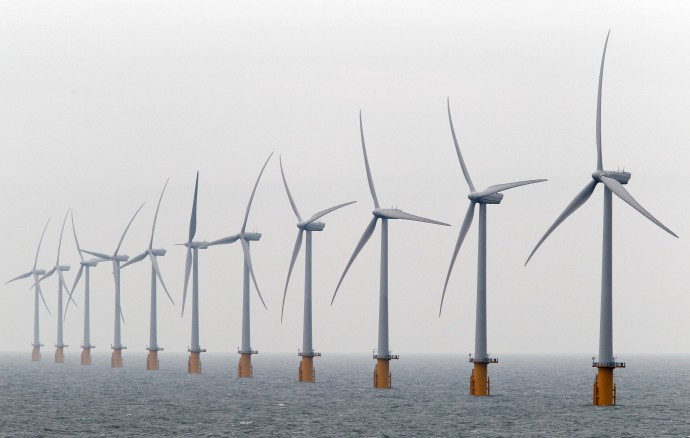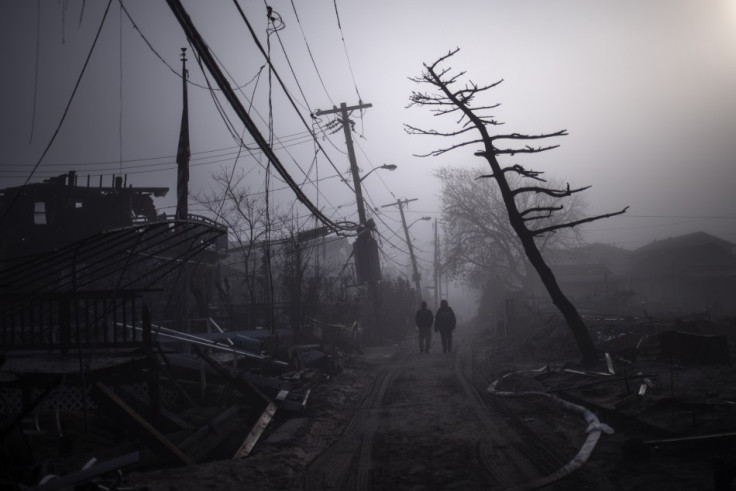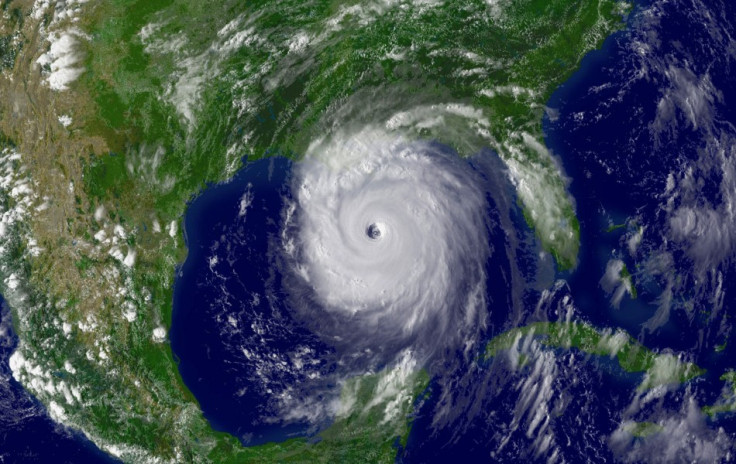Offshore Wind Turbines Can Reduce Impact of Deadly Hurricanes Like Sandy and Katrina

Offshore wind turbines are able to reduce the impact of deadly hurricanes, such as Sandy and Katrina, by reducing wind speeds, wave heights and flood-causing storm surges, researchers have said.
Published by Nature Climate Change, a research team from the University of Delaware and Stanford University have shown for the first time that wind farms have the ability to weaken hurricanes and buffer damage to coastal cities during hurricanes.
Cristina Archer, co-author of the study, said: "The little turbines can fight back the beast ... This is a totally different way to think about the interaction of the atmosphere and wind turbines. We could actually take advantage of these interactions to protect coastal communities."

Offshore wind turbines are a sustainable means of generating electricity. However, their construction is opposed by many people who claim they are unsightly. At the end of last year, Donald Trump voiced opposition to a £230m wind farm in Aberdeenshire because it would spoil the view from his golf course at Menie.
The researchers looked at how the turbines' wind extraction might affect hurricanes, hypothesising that they will have a greater effect on hurricanes than normal winds.
The team simulated hurricanes Katrina, Isaac and Sandy to establish what would happen had there been large wind farms in their paths. Findings showed the wind farms removed energy from the storm and slowed their winds.

During their peak, the strongest winds recorded for Katrina were 92mph. With offshore wind turbines, this would have been reduced by 79%. It slowed Sandy's wind speed by 34%, they found.
The study showed that wind farms can prevent significant damage to cities during hurricanes and produce clean energy year round, making them a promising alternative to sea walls.
Analysing the cost benefits, the team found offshore wind farms were more cost effective in terms of both financially and environmentally in the long term than building sea walls.
Willett Kempton, co-author of the study, said: "This is a paradigm shift. We always think about hurricanes and wind turbines as incompatible. But we find that in large arrays, wind turbines have some ability to protect both themselves and coastal communities, from the strongest winds."
© Copyright IBTimes 2025. All rights reserved.






















